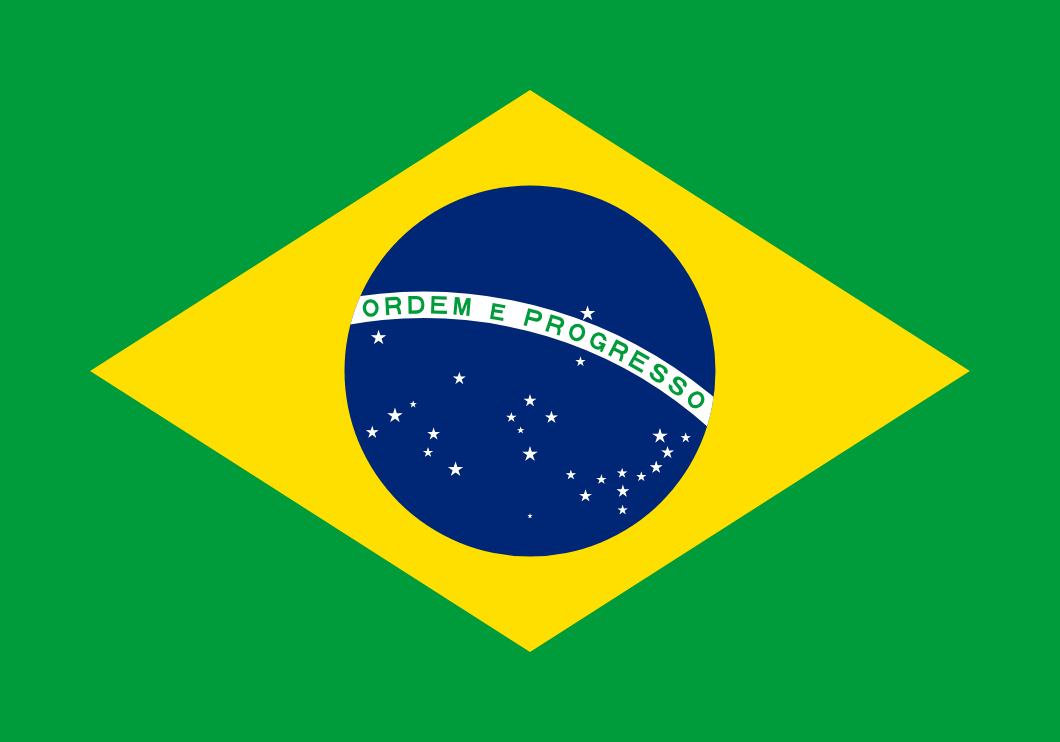The revision of the British Gambling Act 2005 will presumably end up with a complete ban on the sponsorship by bookmakers, this will have a disastrous effect on the financing of the sports sector, in particular football clubs. Maksym Lyashko, co-CEO at Parimatch Holding, has explained why the review should consider the broader impact of these changes not only on gambling but also on the sports industry at large.
British Gambling Act revision and its possible consequences
By the time the pivotal review of the British Gambling Act of 2005 was drawing to a close, the discussion revolved around whether the new regulations might have a bearing on the interplay between the sports industry and gambling. The latest event before the end of the debate process was seeing longtime MP and alleged pro-gambling industry loyalist, John Whittingdale, being in charge of the work on the bill following the withdrawal of Sports Minister Nigel Huddleston, subject to a certain amount of criticism. According to a vocal group, strict enforcement of the toughest rules would have a considerable knock-on effect on problem gamblers nationwide, yet this seemed to be an improvident response.
The review considered issues such as limits on the amount a punter can wager online, the slot machine speed allowed, and should users have to provide documented proof that they can actually afford their losses. These factors significantly change the player’s experience and the nature of player interaction with online gaming, while at the same time the gambling operators and football clubs fairly question the propriety and reason why the government should reconsider gambling brands’ advertising on the sports kit. There is a high probability that there will be a general ban on sponsorship, overlooking the financial implications that this could have on an already distressed business due to the pandemic sports industry.
In the UK, sports organizations and betting companies have for many years maintained well-balanced partnerships based on win-win interests. Thanks to this relationship, sports clubs not only receive short-term financial assistance but also long-term quality investment in their players. The British football betting market has shown a £1 billion annual growth in cash turnover, and many teams are capitalizing on these financial affiliations with gambling companies to move up the league table.
Half of Premier League football clubs feature a gambling sponsorship on their jerseys. With this funding, a team can maintain its position as a major football club, and the additional funding gives it the ability to attract more talents, both coaches and players, which thereby increases the involvement of its fans. There is a possibility that if the government implements these revisions, the betting operators will reallocate the budgets normally allocated to jersey sponsorship to other sectors, thus other segments will receive the benefit of the extra investment over the football.
The probable effects of the betting advertising budgets withdrawal
It is worth considering how big the effect would be to justify withdrawing this investment from sports. For instance, Parimatch sponsors a number of British sports clubs, among them Leicester City and Everton, and having to withdraw the financial support which has been supporting the teams while the entire sports sector has suffered will undoubtedly have dire effects on those teams.
To abandon football jersey sponsorship as a vehicle for solving the gambling addiction issue appears to be unjust and visionless. Not only will the amendments introduced be felt by particular clubs, but also by the entire industry. The Champions League is sponsored by SkyBet, whose teams enjoy the benefits and prospects, in exchange for valuable advertising space. Stoke City F.C., seized the opportunity and partnered with Bet365 to build the Bet365 Stadium in 2016. The deal has resulted in a stadium with a capacity of over 30,000 people, as well as more revenue potential and a more compelling fans’ experience. For the clubs, the events a clear demonstration of how revenue from sports and betting partnerships can provide them with a more promising prospect.
Parimatch, as a representative of the industry, encourages discourse on how to improve the quality of the gambling experience. There have been ongoing debates in neighboring EU countries, and new mechanisms were launched to safeguard gamers. For instance, in Italy, the authorities have introduced new regulations concerning gambling, and direct and indirect advertising, sponsorship, and have banned throughout the country promotional activities of betting operators. Likewise, in Belgium, while sports betting advertising remains legal, they have imposed a ban on casino advertising on television.
The UK, however, has enacted many regulations. Thus, the UK is one of the countries with the strictest gambling legislation. In 2019, the government has introduced four new laws to facilitate this, including reducing the maximum bet on fixed-odds betting terminals from £100 to £2; toughening age and identity verification rules; making it mandatory for online operators to register with GAMSTOP (the national multi-operator online self-exclusion scheme), and banning the use of credit cards for gambling.
It is difficult to explain how removing gambling logos from sports kits will have a big impact on the development of programs aimed to keep gamblers from addiction, as well as with the introduction by the betting platforms of their own relating initiatives. It is important that sports and betting entities keep up their responsibility to ensure the security of their customers.
Conclusion
There need to be regular and clear revisions of the legislation and the betting industry must be mindful of the responsibility of providing responsible use of our services. Those who take the lead in conducting such a review should consider how these sweeping changes affect not only the gambling industry but the sports industry at large, especially the progress and development of the nation’s football teams. Given that the past year has been a difficult period from many perspectives, the review should seek to ensure fair and sustainable sponsorship alternatives to secure the future of both the sports and gambling industries.









